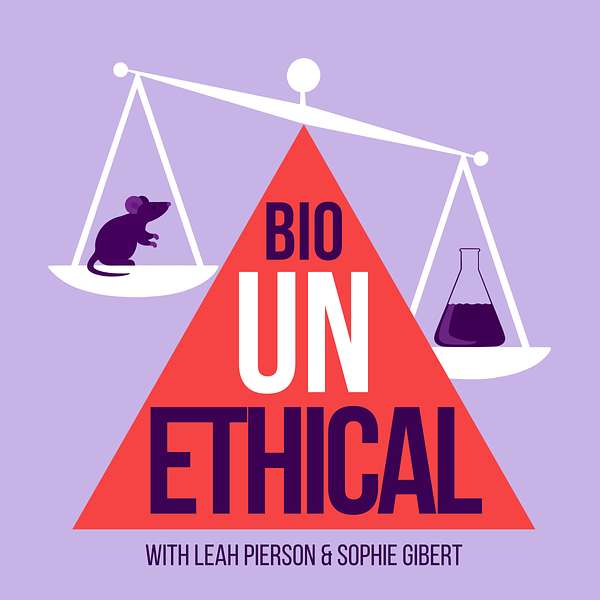
Bio(un)ethical
The podcast where we question existing norms in medicine, science, and public health.
Bio(un)ethical
#4 Holly Fernandez Lynch: Do IRBs do more good than harm?
In this episode, we speak with Professor Holly Fernandez Lynch, a lawyer and bioethicist in the Department of Medical Ethics and Health Policy at the University of Pennsylvania and founder and co-chair of AEREO, an organization that aims to understand and measure the benefits and drawbacks of the IRB system. With Holly, we discuss what we currently know about the benefits and costs of IRBs, why it’s so hard to measure them, and whether justifying the IRB system requires establishing that it produces good outcomes, or just that it follows good procedures.
(00:00) Our introduction
(04:58) Interview begins
(05:41) Do IRBs protect the rights and welfare of research participants?
(11:20) Why not restrict the scope of IRB review to the most risky research?
(26:49) Do IRBs promote justice?
(33:32) Do IRBs foster a culture of ethical concern?
(41:20) Do IRBs maintain and promote trust in the research enterprise?
(47:18) Do IRBs promote socially valuable, scientifically valid research?
(50:54) Given their costs, financial and otherwise, might IRBs do more harm than good?
(1:00:52) Why haven’t we been able to develop clear standards for measuring IRB outcomes?
(1:05:42) Should we expect IRBs to offer more than procedural protections?
(1:09:27) Developing a system of IRB precedent
(1:16:48) Why is it so hard to reform the IRB system?
Mentioned:
- Alex John London, For the Common Good: Philosophical Foundations of Research Ethics
- Jonathan Kimmelman, “Better to be in the Placebo Arm for Trials of Neurological Therapies?”
- Richard Beigi et al., “The Need for Inclusion of Pregnant Women in COVID-19 Vaccine Trials”
Bio(un)ethical is a bioethics podcast written by Leah Pierson and Sophie Gibert, with editing and production by Ambedo Media (previous production support by Audiolift.co). Our music is written by Nina Khoury and performed by Social Skills. We are supported by a grant from Amplify Creative Grants.